How to stick with New Year’s resolutions – it takes more than strong will!
As one year ends and another starts – it is a universal time for reflecting on the past, the present and the future. Many are making New Year’s resolutions (and wondering how to stick to them!), setting intentions, reflecting on that which brings value, meaning and purpose in life, fostering new qualities and pondering how to be with – and bring into being – new ideas, opportunities, hopes, dreams, passions and visions for the year ahead. It is also a time to consider redirecting our energy away from cycles of that which no longer serves us.
In ‘The Body Project’, Joan Brumberg writes that New Year’s resolutions have changed over time. Historically, when women made resolutions, they focused more on one’s character; on becoming a good person. Body image, diet, fame, likes and material possessions weren’t on the agenda at all. Increasingly, New Year’s resolutions tend to focus more on the external; often being superficial and appearance orientated.
Rather than setting intentions from this place, if we want to make long-lasting change in our lives, we need to redirect our focus from the external to becoming more present to our internal world and committing wholeheartedly to our authentic self.
Which part of us is making the New Year’s resolution – the false self or the authentic self?
Typically, intentions made about our appearance, likes and material possessions are ego centred and come from what we call in psychology – the false self. Making unconscious choices and setting intentions from this part of ourselves is bound to result in failure and disappointment.
For example:
If we are caught in a cycle of yo-yo dieting, binge eating, or over-exercising we might make the following New Year’s resolution:
I look fat and fat is bad. I will stick to my diet, I will exercise every day and I will lose 10 kgs in 5 weeks. Then I will be happy!
Someone caught in a cycle of thinking that ‘things’ will make them happy might have the following New Year’s resolution:
I am going to read ‘The Secret’ and follow the ‘Law of Attraction’ so that I can get out of debt, get rich and buy whatever I want. Then I will be happy.
In order to stick to these kinds of resolutions, we often employ and tyrannize ourselves with a harsh inner critic or inner perfectionist – both fuelled by a ‘Victorian’ and punitive style of will. There are two major problems here. Firstly, the goal might be what we want but is it what we need? Secondly, when we find ourselves losing commitment, we lack empathy and compassion for ourselves, resulting in feeling like a failure (once again!).
When making any kind of change, one question we might consider, ‘is this really what I need right now?’ If we look at both of the above from our authentic self’s perspective, it is more productive to redirect the focus from a false-self desire – to be skinny or rich – towards a focus on building a strong sense of self-worth. A side effect of having good self-worth is often a change in career where we begin to earn what we are worth and participate in a more balanced way of eating and exercising because we care about our health and well-being.
If we are experiencing an existential or other life crisis – using food, shopping, relationships or other addictive substances to make us feel better, will likely exacerbate the crisis. Filling emotional, existential or spiritual needs with superficial and material things will not work – they only postpone the existing problem. We often have more than we need and yet many of us are still unhappy. Buying more or shifting the furniture around – are not the answer. Being with, and exploring our suffering is.
For those that have enough freedom to make New Year’s resolutions from the authentic self, we need to consider that whilst one part of us might plan to find balance with our eating, drinking or spending for well-being reasons – there may be another part of us that isn’t ready yet to say no to using food, alcohol or spending. We need to get to know the conflicting parts inside of us as well as their motivations in order to make healthy long-lasting change.
Change requires more than strong will
When we make New Year’s resolutions, we often believe that all it takes is a strong will or will power. Will power is often viewed as having self-control over our undesirable habits and behaviours. A thorough exploration of the will has been largely neglected in modern psychology. Roberto Assagioli, a leading influence in the fields of humanistic and transpersonal psychology suggests that we need to develop the various types of will (1999):
Strong will – this is the will that most of us are familiar with. If you feel that you are lacking strong will, try this visualisation: Imagine yourself being in possession of strong will. What does it look like? What does strong will mean to you? See yourself walking with a firm and determined step, acting in every situation with decision. Spend some time each day visualising yourself in this way.
Skilful will – is about developing the strategy which is most effective and which involves the greatest economy of effort, rather than the strategy which is most direct and obvious. For example, by focusing on and developing our self-worth, we feel better about ourselves. We are then free to choose work that pays more and we eat in a more balanced way. Overall, we make healthier choices which are more likely to bring about long-lasting change. A good practise here is the development of a loving internal voice instead of a tyrannical, harsh and critical one. Ultimately, the development of skilful will requires us to have good psychological hygiene by letting go of those things which are toxic to our well-being.
Goodwill – or the ‘will to do good’. Historically psychology has focused on the individual. We need to consider that each of us is an important part of the whole. Assagioli suggests that anyone who fails to take their relationships with others and the whole into consideration will inevitably arouse reactions and conflicts. These often defeat our intended goals. He recommends that we discipline ourselves by choosing aims that are consistent with the welfare of others and the common good of humanity. Goodwill is ultimately about eliminating selfishness and self-centeredness by practising understanding, acceptance, empathy, and love for ourselves and others.
(NB: if we have neglected ourselves by people-pleasing, rescuing or caretaking others it may be important to spend some time learning to say no and redirecting our care inwards. This should always be placed within the context of building a healthy sense of self as part and service of, the wider whole).
Transpersonal will
Transpersonal will is an expression of the transpersonal, higher or spiritual Self. This will comes in the form of a ‘pull’ or a ‘call’. Beauty, altruism and selfless devotion to a cause such as charity, veganism or caring for the environment can be expressions of transpersonal will. This is also about transcendence and self-realisation. The practice here is about shushing the busy mind and listening for that quiet, soulful, authentic voice inside. Heed the call, the psyche has a habit of calling and pulling us towards growth and realisation. The call or the pull can come with gentle persistence or may arrive at our door in the form of a peak experience or a transformational life crisis.
Love and will
If we want to stick to our new year’s resolutions, achieve our goals and make healthy life choices – it requires a balance of love (feminine energy) and will (masculine energy).
Assagioli writes, “The danger of untempered will is that it lacks heart. We see, and used to see especially in Victorian times, the operation of a cold, stern, and even cruel will. On the other hand, love without will can make an individual…over emotional, and ineffectual…One of the principal causes of today’s disorders is the lack of love on the part of those who have will and the lack of will in those who are good and loving. This points unmistakably to the urgent need for integration, the unification of love [feminine energy] and will [masculine energy](1999).”
Above we looked at the different types of will. But what about love?
Love for oneself – in pursuit of our goals, are we being loving and kind or are we being puritanical and tyrannical towards ourselves? Maybe our first goal is indeed to love ourselves?!
Love for other human beings – in pursuit of our goals, are we being kind and loving in our relationships with partners, family, friends and colleagues? I’ll also add here that we need to have an experience of being loved by others – this is especially true for those who have suffered with early childhood trauma.
Love for the environment – in pursuit of our goals, are we being kind, loving and sustainable to the environment and other living creatures?
Assagioli suggests that to love well – it calls for “all that is demanded by the practice of any art, indeed of any human activity, namely, an adequate measure of discipline, patience and persistence. All of these we have seen to be qualities of the will.”
In order to bring about change, reach our New Year’s resolutions, find value, meaning and purpose in our lives, foster new qualities and bring into being new ideas, opportunities, hopes, dreams, passions and visions, we need to cultivate our capacity and find balance between love and will. This requires us to have a vision for the future but to stay present to the process and the deeper essence of who we are – the authentic self.
If you would like to work on cultivating soul qualities such as acceptance, authenticity, love and will, check out my
100 Soul Qualities Workbook & Journal
If you liked this post, you might also enjoy 7 tips to help you ditch new year diet resolutions and Creating a vision board
Photo by Hello Im Nik

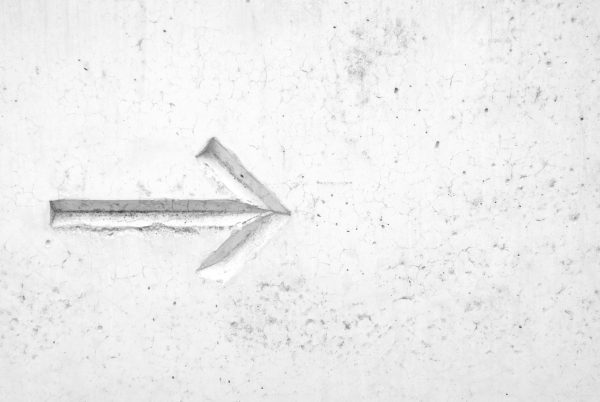



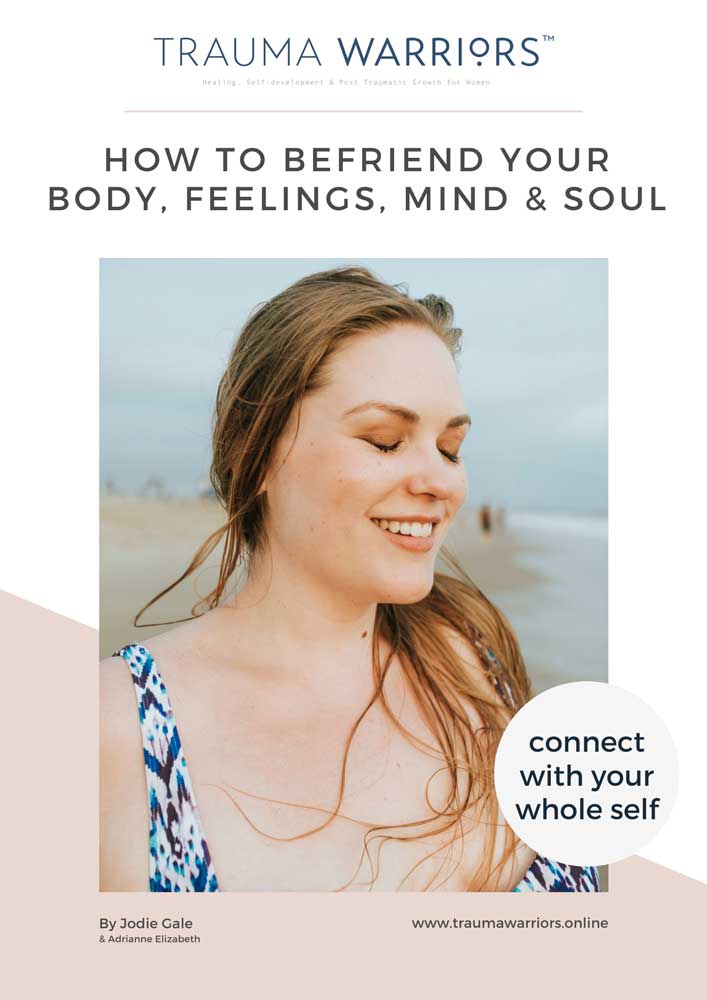


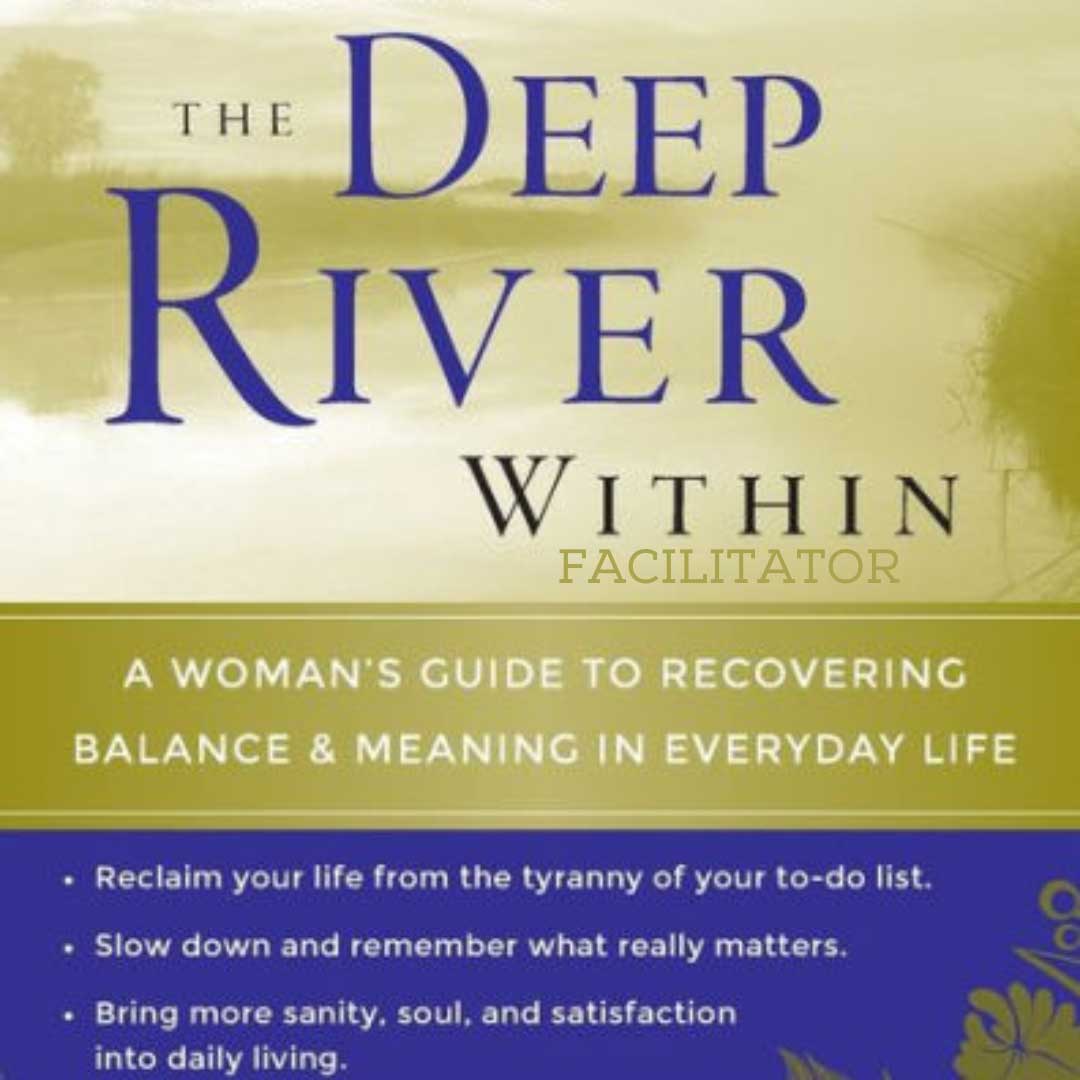
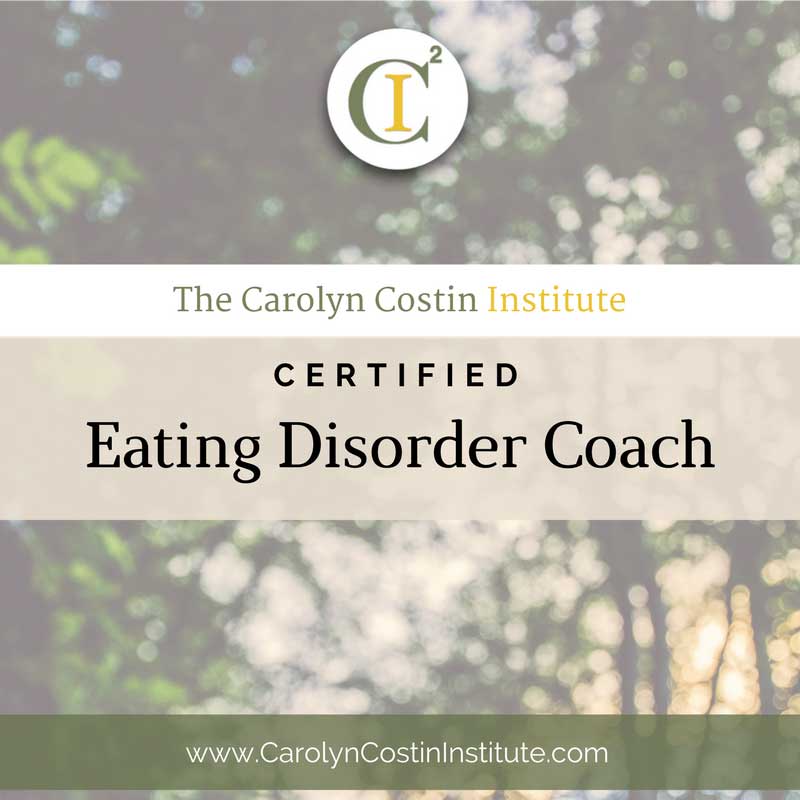
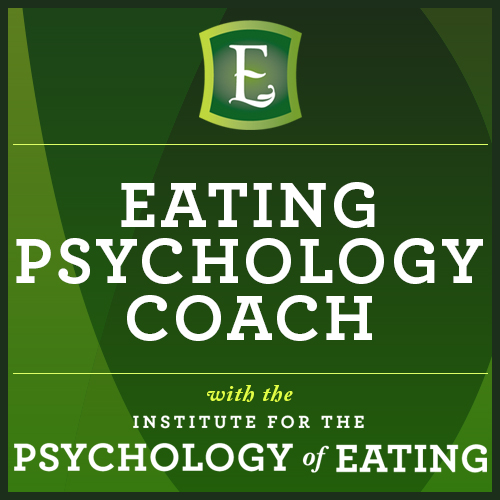
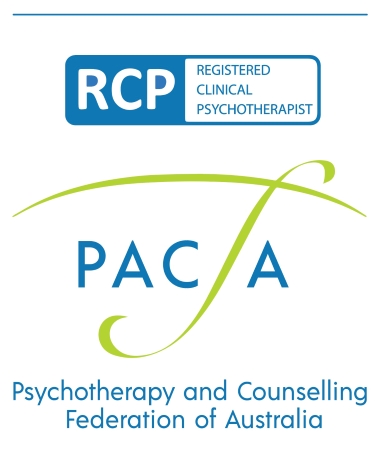
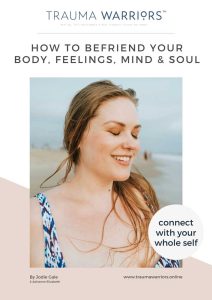
4 Responses
Great article Jodie.
Thanks Susannah
An inspiring and interesting article.
Thanks for your feedback Ruth